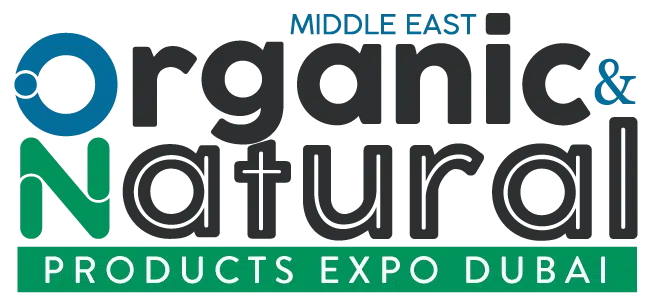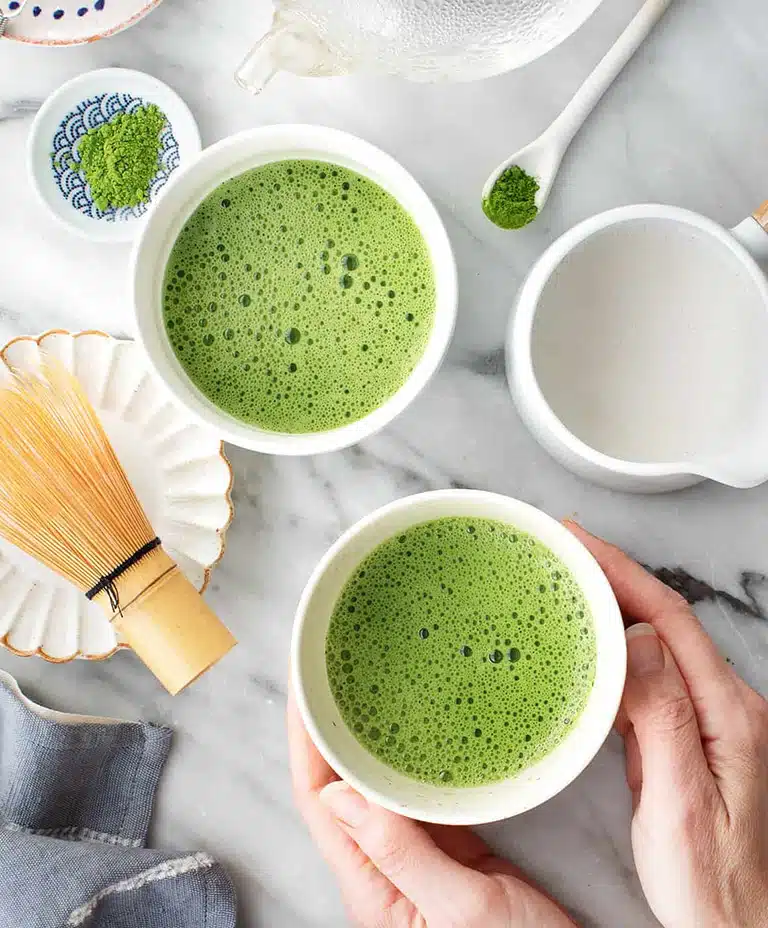6th March, 2025

Managing Director, Qiso Cafe & Mini Mart Happiness FZCO
The Middle East is witnessing a substantial surge in the specialty and organic coffee and tea sectors, driven by increasing consumer demand for premium, ethically sourced products. The region’s coffee market, valued at over USD 6.73 billion in 2021, is projected to reach USD 7.8 billion by 2026, with a compound annual growth rate (CAGR) of 5.3%.
Specifically, the organic coffee segment in the Middle East and Africa is expected to grow from USD 278.5 million in 2024 to USD 444.9 million by 2030, reflecting a CAGR of 7.6% during this period.
This growth is further increased by significant investments from major industry players. For instance, These developments underscore the Middle East’s evolving landscape as a dynamic and lucrative market for specialty and organic coffee and tea products.
Understanding more from the industry leaders on what insights they have to share with us.
1) Coffee has been in the culture of the G.C.C region. What sort of growth have you seen in this sector?
Coffee has always been deeply rooted in the culture of the GCC region, with Arabic coffee (Gahwa) being a symbol of hospitality and tradition. Traditionally served black with dates, Arabic coffee remains an integral part of the social and cultural fabric.
However, over the past decade, there has been a significant transformation in the coffee landscape. Until about 7-8 years ago, international coffee chains like Starbucks, Costa, and Caribou dominated the market, catering primarily to a growing café culture. The past few years, however, have witnessed a surge in specialty coffee concepts and independent local coffee brands.
Dubai has positioned itself as a key hub for international coffee trade, with DMCC’s Coffee Centre playing a crucial role in facilitating global trade, roasting, and distribution. The region has also seen a shift towards third-wave coffee culture, where consumers are more educated about their coffee choices, origins, and brewing methods.
Key trends driving growth:
- Specialty coffee and single-origin beans: More consumers are willing to pay premium prices for ethically sourced, high-quality beans.
- Cold Brew and Nitro Coffee: Growing popularity of alternative brewing methods.
- In-house blends and roasteries: A rise in locally owned coffee roasters curating unique blends.
- Technology integration: Smart coffee machines, digital ordering, and AI-driven recommendations are enhancing customer experiences.
The UAE, and particularly Dubai, is now home to several boutique coffee brands and roasteries offering in-house blends, single-origin beans, and innovative brewing techniques. Consumer demand is increasingly focused on flavor, experience, and sustainability, leading to a more diverse and competitive market.
There is a shift from milk based coffees to specialty coffees and it seems we are going back to traditions of how coffee was consumed.
 2) There has been a growth in Matcha consumption in the region, how do you see this trend, and what are your forecast for the market
2) There has been a growth in Matcha consumption in the region, how do you see this trend, and what are your forecast for the market
Matcha has seen steady growth in the UAE and the wider GCC region, driven by increasing consumer awareness of its health benefits, particularly its high antioxidant content, metabolism-boosting properties, and natural caffeine source.
We can foresee that
- Coffee houses and cafes have introduced matcha lattes, cold brew matcha, and matcha-based desserts, increasing its popularity.
- Demand for ceremonial-grade matcha is increasing as consumers become more knowledgeable about quality.
- The market is likely to see more matcha-based product innovations like plant-based matcha drinks, and fusion products (matcha + collagen, matcha + adaptogens).
3) Where do you source your matcha from? and what challenges you face while sourcing them
Currently, we have a reliable supplier that meets our demand for high-quality matcha. However, sourcing matcha in the region comes with a few key challenges, one must adopt like
- Matcha is highly sensitive to light, air, and humidity, requiring careful packaging and storage to maintain freshness.
- Given the reliance on imported matcha (mainly from Japan), fluctuations in exchange rates, shipping costs, and import regulations can impact pricing.
- Many customers are still learning about the differences between ceremonial vs. culinary matcha, preparation methods, and flavor profiles, which requires more effort in marketing and awareness.
4)Any advice for companies or businesses who are planning to start their export in the GCC region?
The GCC market is highly regulated and offers significant opportunities for businesses looking to export, especially in the F&B sector. One must leverage Expo & Trade Events to get more information. The F&B market in the GCC is dynamic and growing, presenting lucrative opportunities for new brands—provided they navigate regulations, build strong local partnerships, and offer high-quality, differentiated products.

 2) There has been a growth in Matcha consumption in the region, how do you see this trend, and what are your forecast for the market
2) There has been a growth in Matcha consumption in the region, how do you see this trend, and what are your forecast for the market